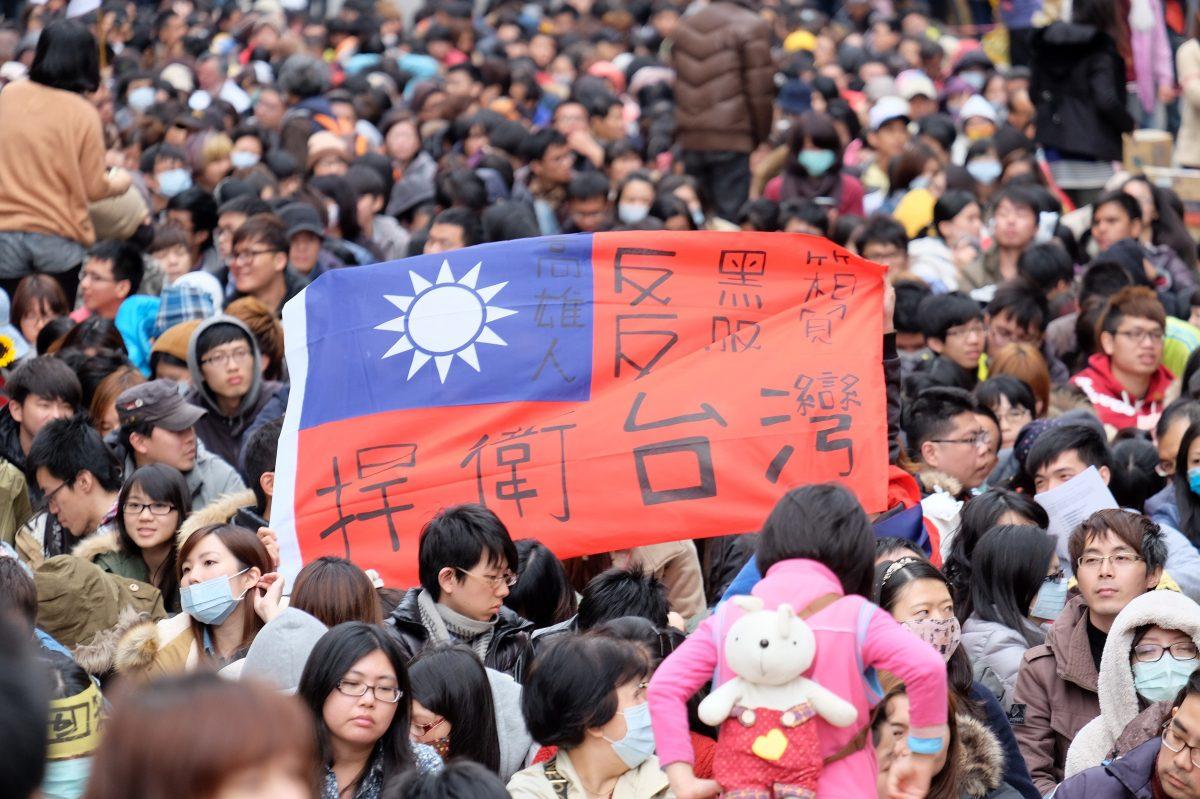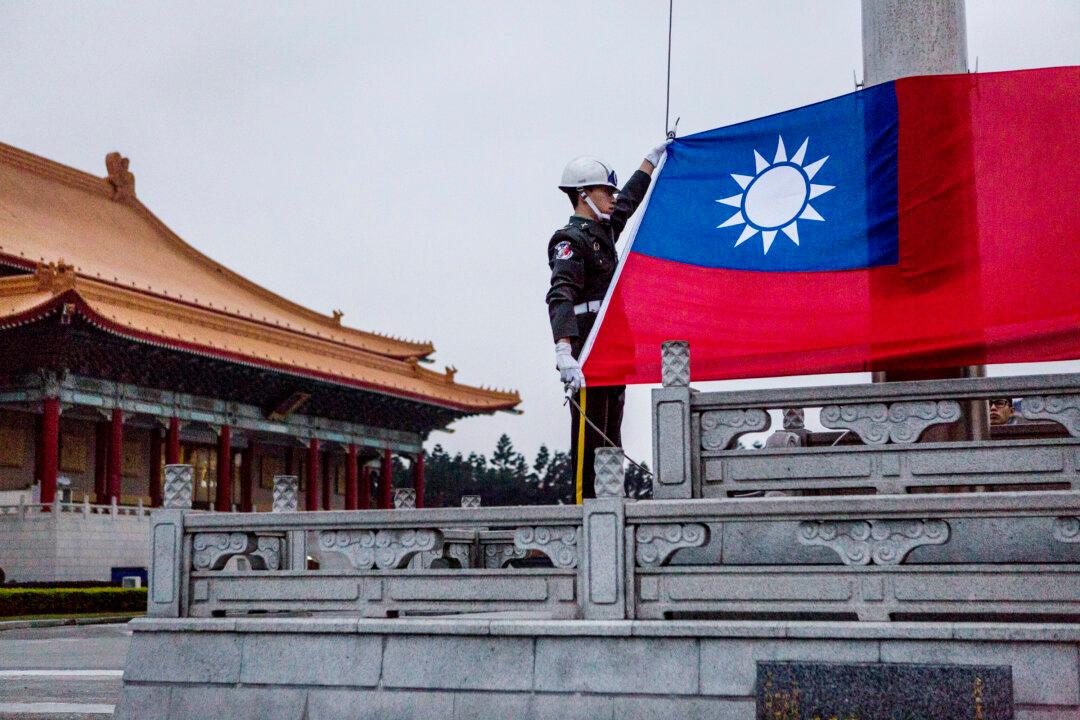Taiwan’s main political parties have continued to express bipartisan support for the ongoing protests in Hong Kong, which have triggered renewed alarm over the threat posed by the Chinese communist regime against the self-ruled island.
“In the past few weeks Hongkongers have marched to the streets multiple times and peacefully exercised their basic rights to assembly and protest, we hope that Hongkongers could continue their fight rationally,” the statement read.
On July 1, over half a million people took part in a peaceful rally calling for the bill’s withdrawal. Later that day, a few hundred protesters stormed the city’s legislature, vandalizing the interior.
The opposition party added that it hoped to see the movement come to a peaceful resolution through communication based on “the spirit of democracy.”
The statement went on to denounce the “one country, two systems” political model currently employed in Hong Kong, since its sovereignty was transferred from Britain to China in 1997. Under this model, the city retains its own economic and administrative systems, while Beijing controls foreign affairs and defense.
“We [the KMT] definitely will not support ‘one country, two systems,’ our stance [on this] is clear,” the statement said.
“The ‘one country, two systems’ that mainland China has implemented in Hong Kong is an utter failure.”
In January, Chinese leader Xi Jinping suggested that Taiwan could be unified with the mainland under this governing model. The Chinese Communist Party views Taiwan as a renegade province, and has never renounced using force to take control of the island.

On July 2, Taiwan President Tsai Ing-wen of the Democratic Progressive Party (DPP) also expressed her support for the protests.
“Taiwan & the rest of the world are closely watching developments in the #HongKongProtests,” Tsai wrote on Twitter.
“As President of a country that walked the long road to democracy, I urge the #HongKong government to address the legitimate concerns of the people & their pursuit of freedom & democracy.”
The KMT also previously issued a statement following a mass protest on June 12, calling for the Hong Kong government to listen to the voices of the people and protect universal values.
Taiwan locals have compared the protests in Hong Kong, which have drawn millions to the streets over the past few weeks, with Taiwan’s student-led Sunflower Movement back in 2014. Tens of thousands of people occupied the Taiwanese legislature for 23 days to oppose a free trade agreement with China that critics feared would harm Taiwan’s autonomy.
Unlike the incumbent DPP, which has consistently criticized the Chinese regime’s aggressive policies and called out the regime’s infiltration tactics, the KMT has favored more Beijing-friendly approaches in recent decades.
Back in February, KMT leader Wu Den-yih suggested a peace deal with mainland China. But the recent events in Hong Kong has prompted many prominent party members to distance themselves from the regime.





